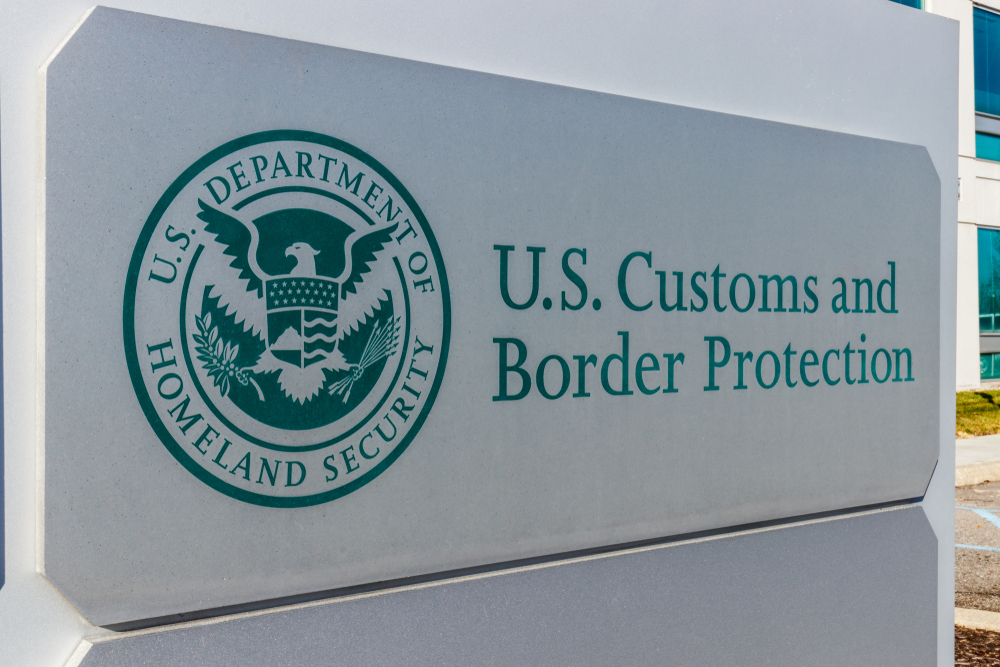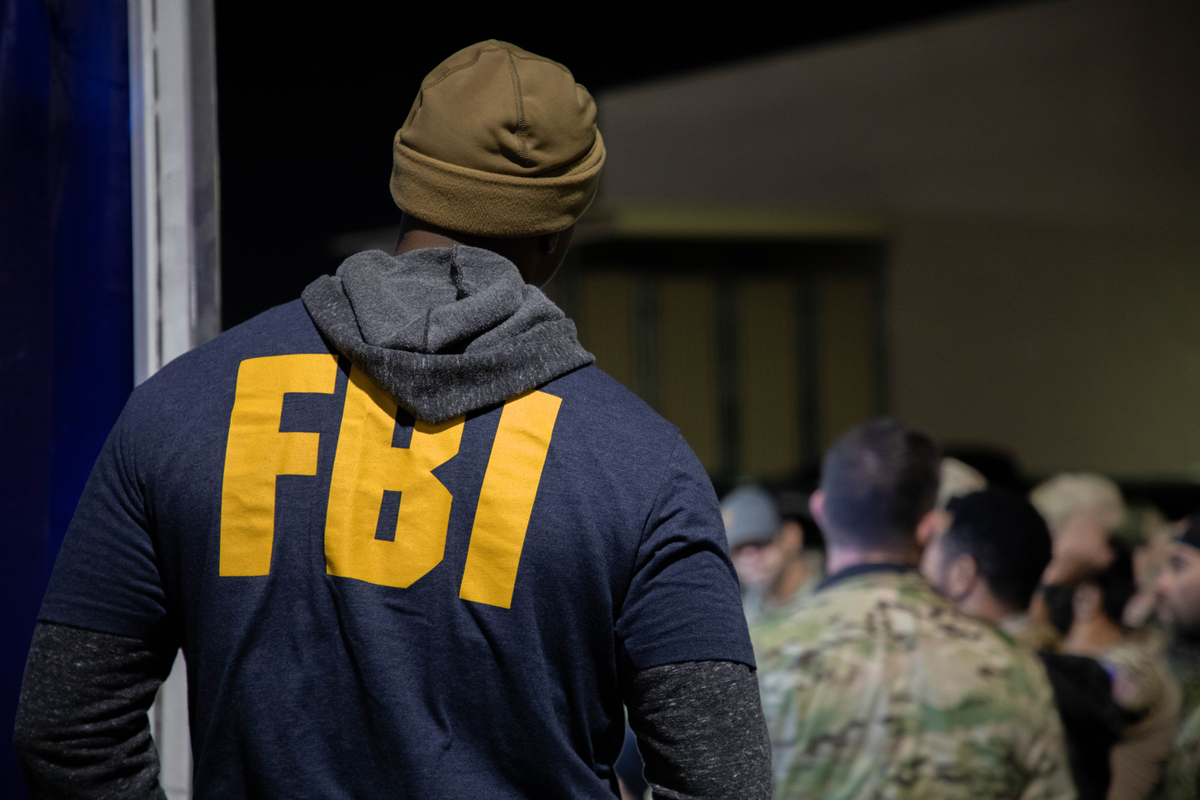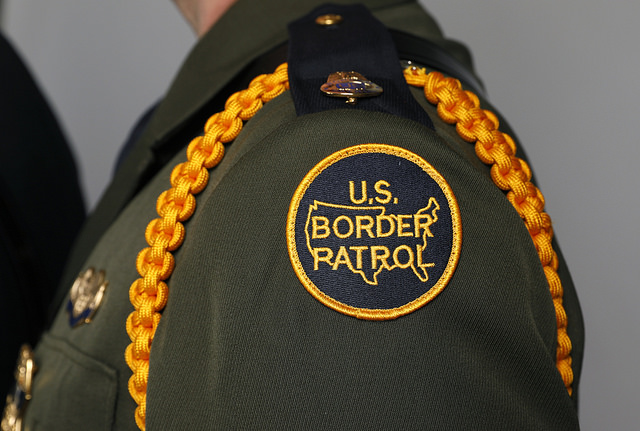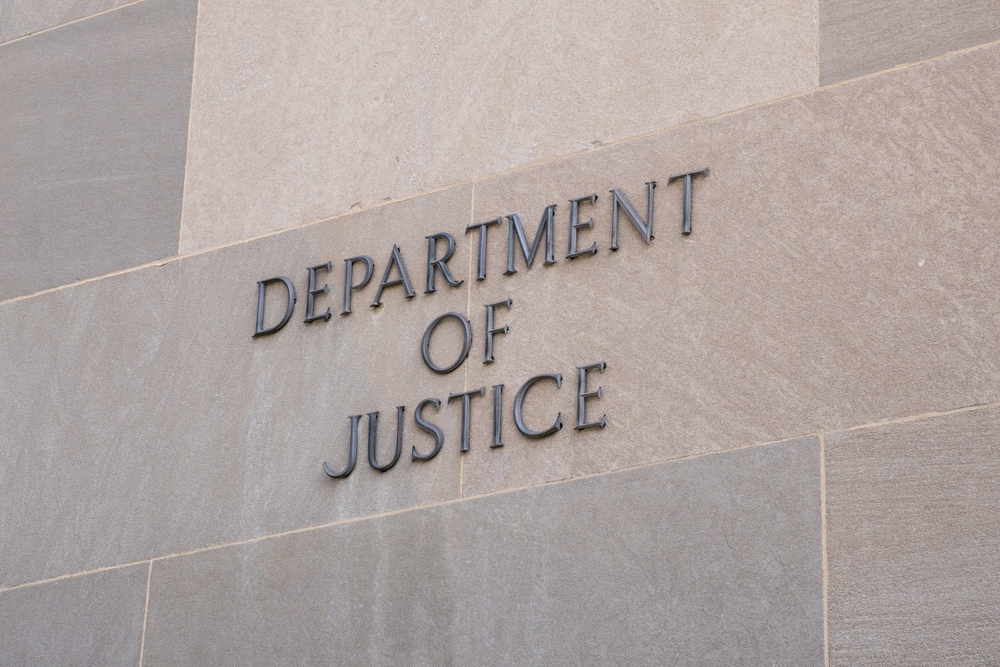 Going undercover is always dangerous work. Going undercover to penetrate a Colombian drug cartel is really really dangerous. A DEA informant says she put her life on the line and the DEA didn’t do enough to protect her. Does she have a legit beef? Jurors may decide.
Going undercover is always dangerous work. Going undercover to penetrate a Colombian drug cartel is really really dangerous. A DEA informant says she put her life on the line and the DEA didn’t do enough to protect her. Does she have a legit beef? Jurors may decide.
By LESLEY CLARK
Miami Herald
MIAMI — In court documents she’s referred to as the Princess, with a capital ”P.” But her story reads more like Mata Hari infiltrating the Colombian drug cartel.
In federal court documents, a Palm Beach County woman — the ex-wife of two convicted drug dealers — outlines a life of intrigue, adventure and considerable danger as an informant for the U.S. Drug Enforcement Agency. For more than three years, she traveled the world for the Fort Lauderdale DEA office, earning a $10,000-a-month ”salary” and posing as “an affluent money launderer.”
She raked in as much as $1.85 million from the agency, according to documents in a 1997 lawsuit she filed against the agency in U.S. Court of Federal Claims. And now, after a decade of legal wrangling and a trial, the Princess may be in line for more.
A federal judge ruled that the DEA failed to protect confidential informant SGS-92-X003 — aka the Princess — when it dispatched her to Colombia in 1995 at the height of the country’s brutal drug war.
”The evidence is uncontroverted that the head of [the] DEA’s Fort Lauderdale Office, who supervised the Princess, sent her on this undercover operation without advising DEA Headquarters or the Colombian attaché,” Judge Mary Ellen Coster Williams wrote in a Feb. 9 opinion that was unsealed after classified information was removed.
”During this mission,” Coster Williams wrote, “the Princess was captured by a guerrilla organization, transported in the trunk of a car, and held for over three months in a windowless, dirt floor room where she slept on a straw mattress.”
In her lawsuit, the Princess sought more than $33 million. Next step: determining whether the woman was damaged by the agency’s negligence, and if so, how much the DEA should pay.




